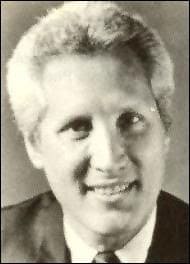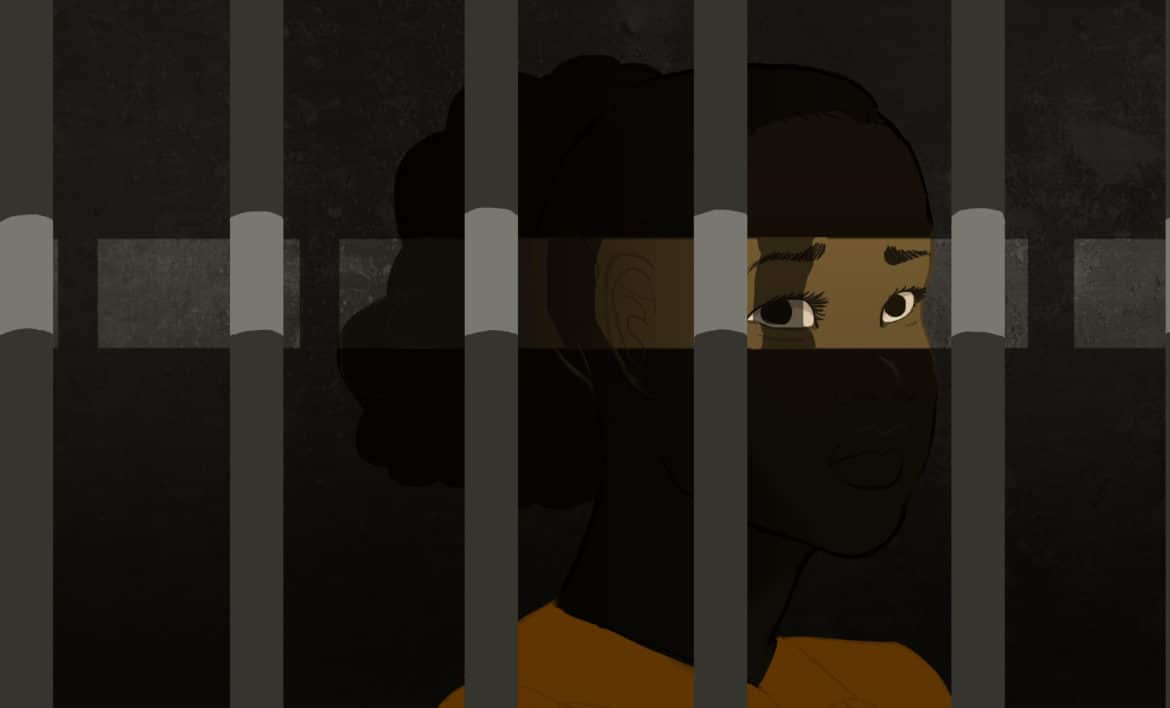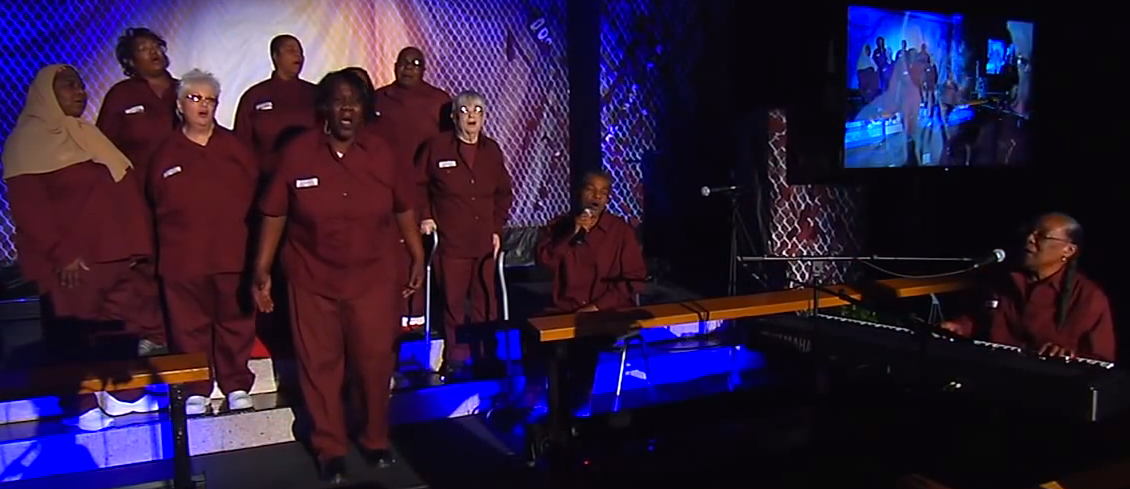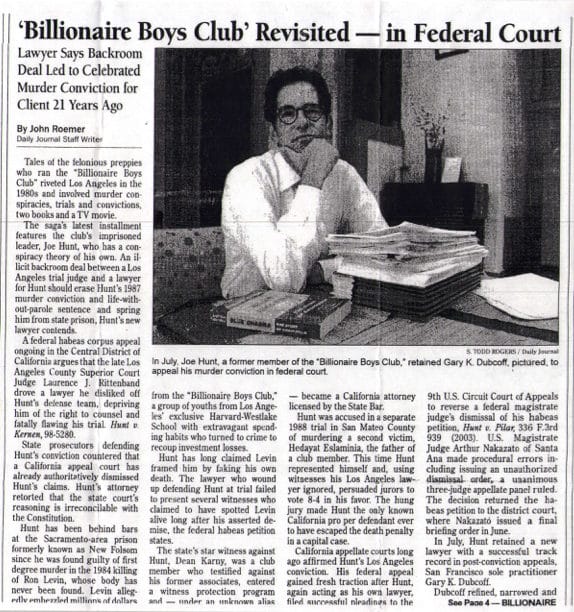LOS ANGELES TIMES
Laurence J. Rittenband, 81, Shows an Unorthodox Style: Crusty Judge Rules His Court With Iron Hand
April 13, 1987
Lois Timnick
Times Staff Writer
He has been known to rule before hearing the evidence and to show his disdain for a written motion by tossing it in the wastebasket.
He makes–and sustains–his own objections. He grills witnesses when he thinks they have not been thoroughly questioned.
He sometimes tells lawyers appearing before him to “shut up” or “get on with it.” He frequently evicts a defense attorney he dislikes from his Santa Monica courtroom. And he once berated jurors who voted to acquit a defendant, saying that the verdict was “the most horrible miscarriage of justice” he had ever witnessed.
Unorthodox Judicial Style
Now a crusty 81, Superior Court Judge Laurence J. Rittenband is believed to be the oldest full-time judge on the bench in California. While presiding over the murder trial of Billionaire Boys Club leader Joe Hunt–which is scheduled to go to the jury this week after 2 1/2 months of testimony–he has astonished courtroom observers with an unorthodox judicial style that some call “refreshing” and others “reprehensible.”
The short, stocky judge leaves no doubt as to what he thinks of the participants–a tendency which occasionally results in the prosecutor’s siding with the defense against him.
“I am gravely concerned with the course that the court is taking,” Deputy Dist. Atty. Frederick Nathan Wapner told Rittenband during an in-chambers discussion about his refusal to permit Hunt’s second defense attorney to question witnesses.
“I will take my chances,” the judge snapped back, according to a transcript. “I know that you have an obsession about any kind of error. . . . I am running this trial, not you nor they.”
Read the rest at LATimes.com







